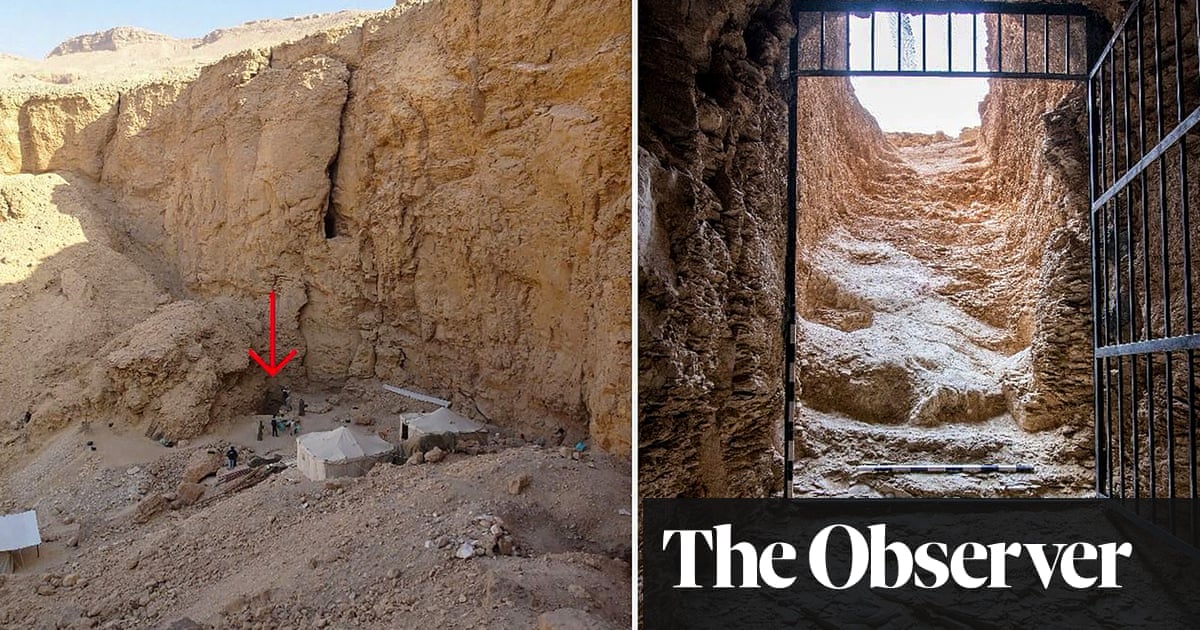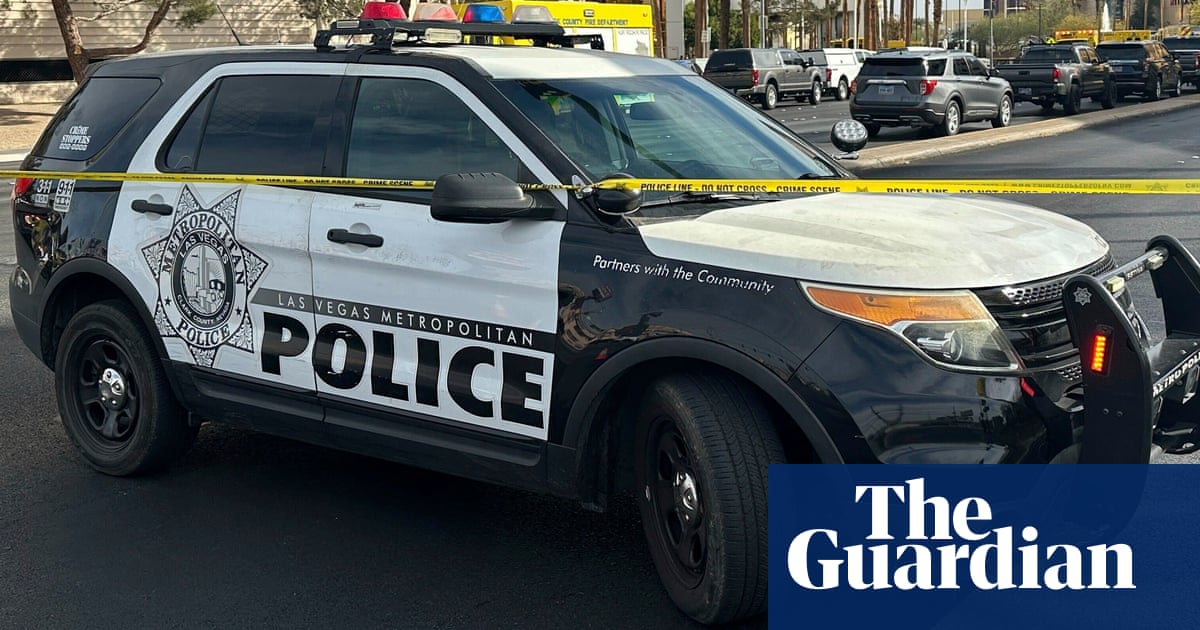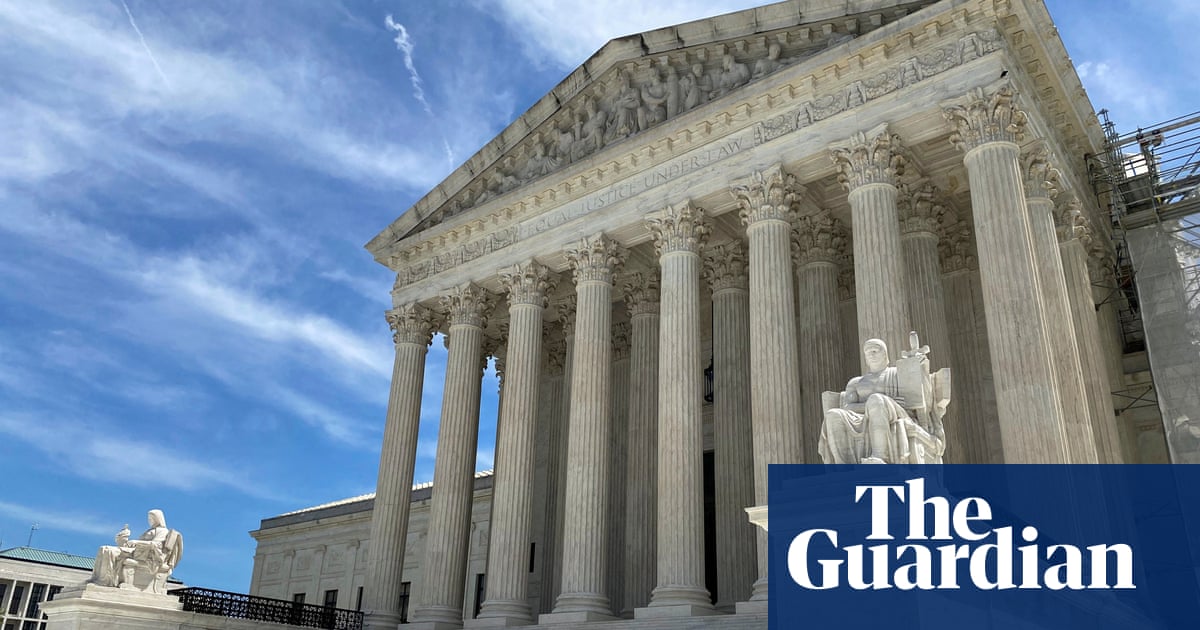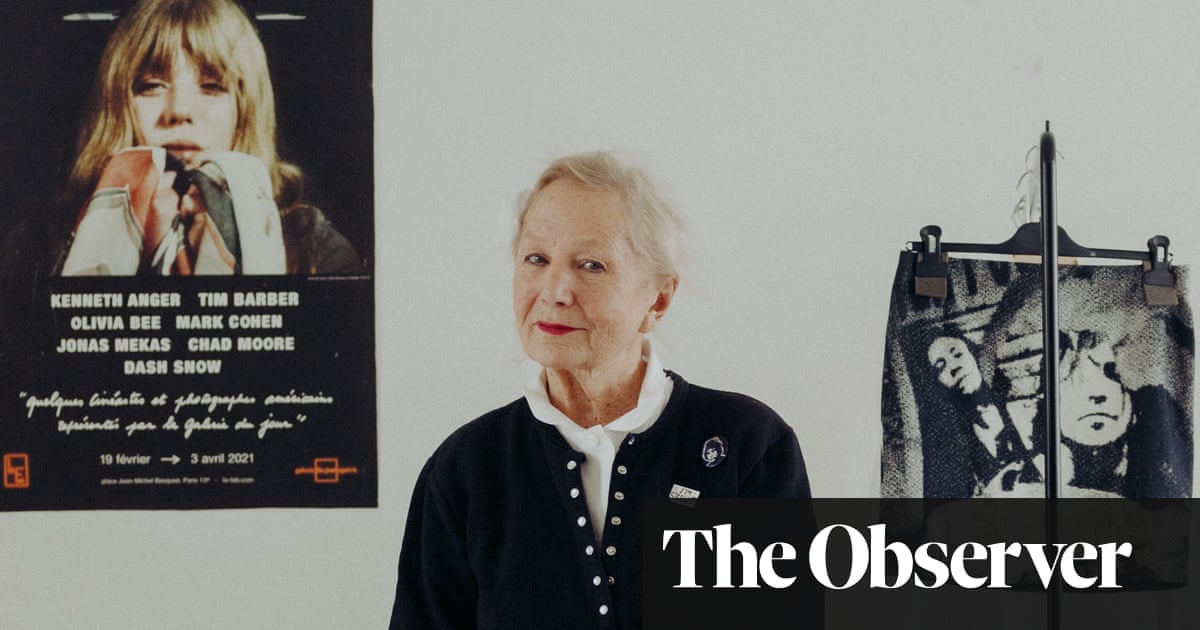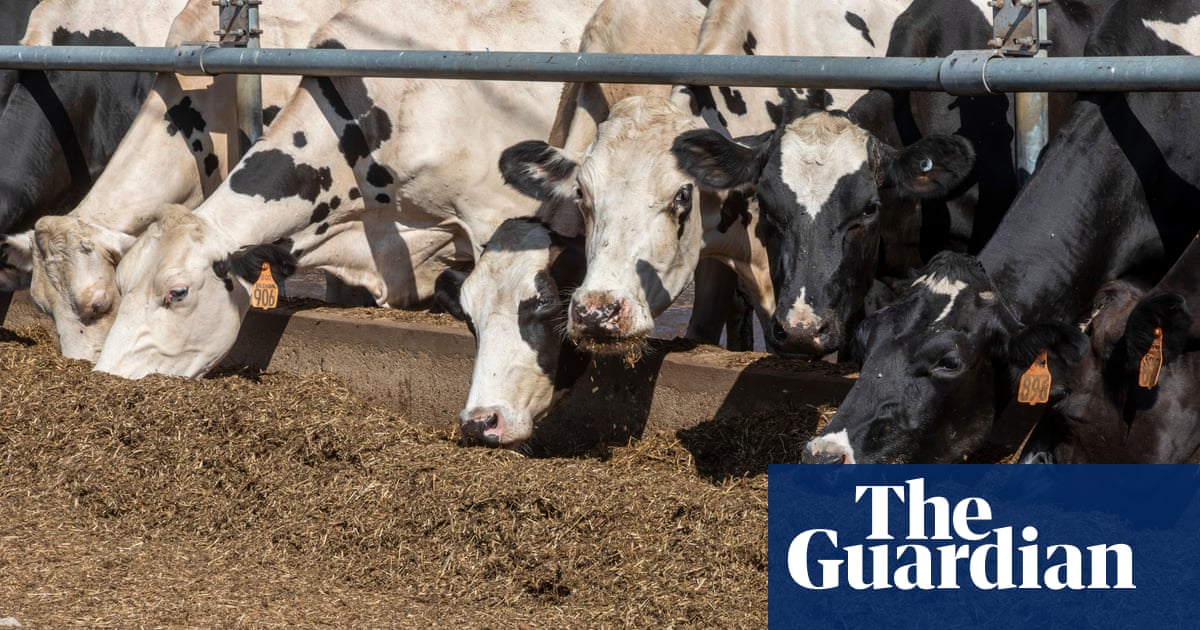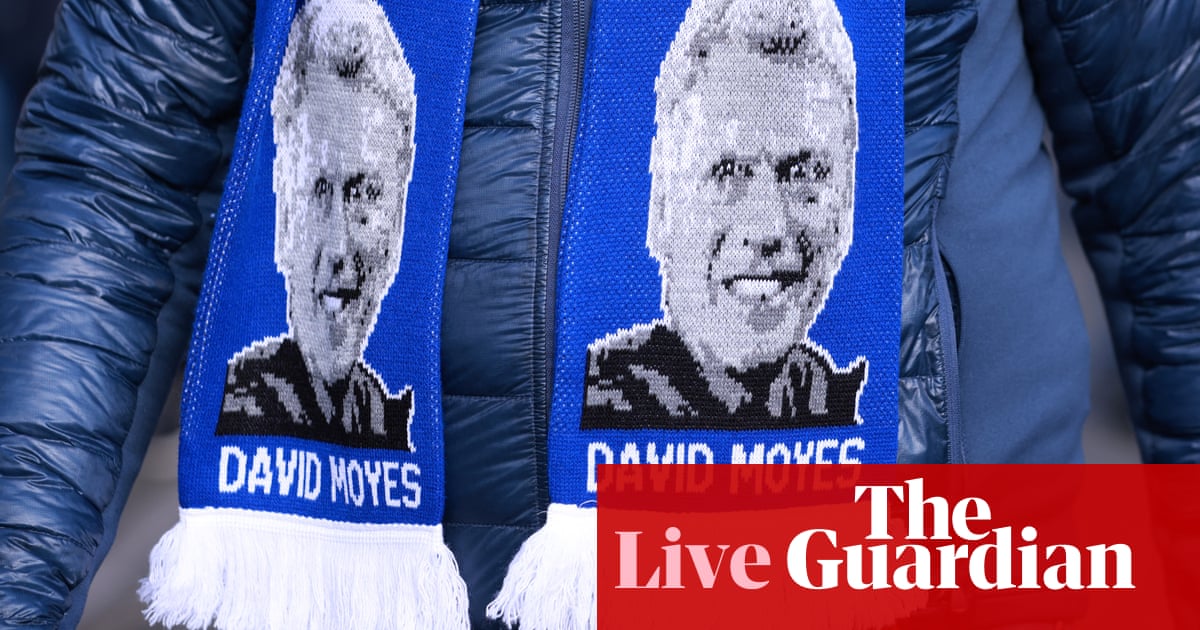Two days shy of the second anniversary of a hate-fueled mass shooting at a queer nightclub in Colorado Springs, victims and mothers of those killed have filed lawsuits against the club for lax security and against the sheriff’s office for failing to trigger the state’s red flag law to disarm the shooter and ensure they could not purchase any more weapons.
“Club Q advertised itself as a ‘safe place’ for LGBTQIA+ individuals. But that was a facade,” read the two complaints, which contain allegations of negligence.
The suits were filed on Sunday and allege that the 19 November 2022 murders of five people could have been prevented if the El Paso county sheriff’s office used the state’s red-flag law after clear warning signs that the gunman intended to commit violence.
A central focus of both lawsuits was the El Paso county commissioners’ and the then sheriff’s refusal to enforce Colorado’s red-flag law, passed in 2019, which allows officers to temporarily take someone’s firearm if they are deemed a threat to themselves or others.
The same year the law was passed, El Paso county became one of the first in the state to declare itself a “second amendment sanctuary” in protest against the policy. The county passed a Second Amendment Preservation Resolution with the county board of commissioners, arguing that the red-flag bill did not address mental health issues and imposed on people’s gun rights.
This designation has no real legal teeth and it is unclear whether the designation stopped the sheriff from using the state’s red flag law. The shooter hinted at plans to carry out violent attacks at least a year before the Club Q shooting.
In 2021, the shooter was arrested for allegedly kidnapping and threatening to kill their grandparents, reportedly saying he would become the “next mass killer” and then proceeding to collect ammunition, bomb-making materials, firearms and body armor, according to court documents. Their grandparents told authorities they were warned not to stand in the way of the plan.
Authorities did not attempt to remove the shooter’s weapons after the 2021 incident, the lawsuits allege, saying: “This deliberate inaction allowed the shooter continued access to firearms, directly enabling the attack on Club Q.”
Charges against Anderson Aldrich, the shooter, who is nonbinary and uses they/them pronouns, were thrown out in July 2022 after their mother and grandparents refused to cooperate with prosecutors, evading efforts to serve them with subpoenas to testify, according to court documents unsealed after the shooting.
Other relatives told a judge they feared the shooter would hurt their grandparents if released, painting a picture of an isolated, violent person who did not have a job and was given $30,000 that was spent largely on the purchase of 3D printers to make guns, the records showed.
The plaintiffs in the two lawsuits include survivor Barrett Hudson, who still has three bullets in his body from that night, and other victims and relatives. They are scheduled to speak about the legal action at a news conference Tuesday – which is the second anniversary of the shooting.
Families and victims also accuse the nightclub’s owners in the lawsuit of winnowing Club Q’s security detail from five or more people to just one in the years leading up to the shooting, prioritizing profits over the safety.
A spokesperson for El Paso county told the Guardian the office does not comment on pending litigation.
Those killed in the shooting were Raymond Green Vance, Kelly Loving, Daniel Aston, Derrick Rump and Ashley Paugh.
The shooter, now 24, pleaded guilty to five counts of murder and 46 counts of attempted murder and was sentenced to a life in prison in 2023 in state court. A year later, Aldrich pleaded guilty in a federal court to hate crimes and was sentenced to an additional 55 life terms in prison.

 3 months ago
52
3 months ago
52


